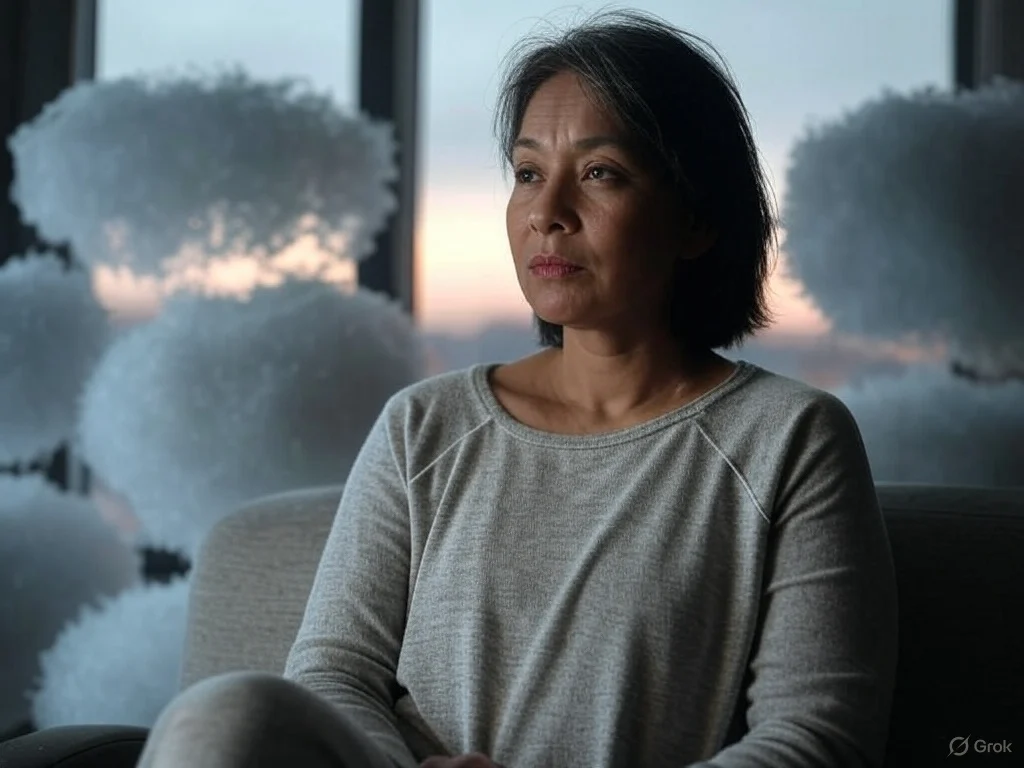Alzheimer’s disease is a progressive neurodegenerative disorder that affects millions of people worldwide, eroding memory, cognitive function, and, ultimately, the ability to perform everyday tasks. As the most common form of dementia, it accounts for 60-80% of dementia cases, primarily affecting individuals over the age of 65. However, early-onset Alzheimer’s can strike as early as the 30s or 40s. With no cure yet available, understanding the disease, its impact, and the ongoing efforts to combat it is crucial for patients, families, and society.
What is Alzheimer’s Disease?
Alzheimer’s disease is characterized by the accumulation of abnormal protein deposits in the brain—amyloid plaques and tau tangles—that disrupt communication between neurons, leading to their death. This process begins in the hippocampus, the brain region responsible for memory, and gradually spreads, impairing reasoning, language, and decision-making. Over time, individuals lose their ability to recognize loved ones, navigate familiar places, or care for themselves.
The disease progresses in stages:
- Early Stage (Mild): Individuals may experience subtle memory lapses, such as forgetting recent events or misplacing items. They often remain independent but may struggle with complex tasks like managing finances.
- Middle Stage (Moderate): Memory loss worsens, and confusion becomes more pronounced. Individuals may need help with daily activities, experience behavioral changes like agitation or wandering, and struggle with language.
- Late Stage (Severe): Communication is minimal, and individuals require full-time care. They may lose the ability to walk, swallow, or respond to their environment, becoming vulnerable to infections like pneumonia.
Risk Factors and Causes
While the exact cause of Alzheimer’s remains unclear, several risk factors have been identified. Age is the most significant, with the likelihood of developing the disease doubling every five years after 65. Genetics also plays a role; those with a family history or specific gene mutations (e.g., APOE4) are at higher risk. Other factors include cardiovascular conditions like high blood pressure, diabetes, and smoking, as well as lifestyle factors such as poor diet, lack of exercise, and limited social engagement.
Environmental and social determinants, such as access to education and socioeconomic status, may influence cognitive reserve—the brain’s resilience to damage. While these factors don’t directly cause Alzheimer’s, they can affect its onset and progression.
The Emotional and Social Toll
Alzheimer’s doesn’t just affect the individual; it profoundly impacts families and caregivers. Watching a loved one’s personality fade can evoke grief, frustration, and helplessness. Caregivers often face physical and emotional exhaustion, balancing their own lives with the demands of round-the-clock care. Financial burdens, including medical costs and lost income, add further strain.
Socially, Alzheimer’s can lead to isolation. Stigma surrounding dementia may cause friends or family to withdraw, and individuals with the disease may retreat from activities they once enjoyed. Raising awareness and fostering dementia-friendly communities are vital steps toward reducing this isolation.
Diagnosis and Treatment
Diagnosing Alzheimer’s involves a combination of medical history, cognitive testing, and imaging scans like MRI or PET to detect brain changes. Early diagnosis is critical, as it allows individuals to plan for the future and access treatments that may slow symptom progression.
Current treatments focus on managing symptoms rather than curing the disease. Medications like cholinesterase inhibitors (e.g., donepezil) and NMDA receptor antagonists (e.g., memantine) can temporarily improve cognitive function or delay decline in some patients. Non-drug interventions, such as cognitive therapy, physical exercise, and music or art therapy, have shown promise in enhancing quality of life.
Research and Hope for the Future
The fight against Alzheimer’s is advancing on multiple fronts. Researchers are exploring new drug therapies to target amyloid plaques and tau tangles more effectively. For example, recent trials of monoclonal antibodies like lecanemab have shown modest success in slowing cognitive decline in early-stage patients. Other studies are investigating inflammation, immune system dysfunction, and vascular health as potential contributors to the disease.
Beyond pharmaceuticals, lifestyle interventions are gaining attention. The FINGER study, a landmark trial, demonstrated that a combination of healthy diet, exercise, cognitive training, and social engagement could reduce cognitive decline in at-risk individuals. These findings underscore the importance of prevention and brain health from an early age.
Technology also offers hope. Wearable devices and AI-powered tools are being developed to monitor cognitive changes, predict disease progression, and support caregivers. Meanwhile, advocacy groups like the Alzheimer’s Association are pushing for increased funding and policy changes to accelerate research and improve care access.
Supporting the Alzheimer’s Community
For those affected by Alzheimer’s, support is essential. Families can connect with local support groups, respite care services, or online communities to share experiences and resources. Educating oneself about the disease empowers caregivers to manage challenges effectively. Simple acts, like maintaining routines, using clear communication, and engaging in meaningful activities, can make a significant difference in a patient’s well-being.
Society, too, has a role to play. By funding research, volunteering, or advocating for dementia-friendly policies, individuals can contribute to a world where Alzheimer’s is better understood and managed. Raising awareness reduces stigma, ensuring that those affected feel seen and valued.
A Call to Action
Alzheimer’s disease is a formidable challenge, but it’s not insurmountable. Each step—whether a new research breakthrough, a supportive conversation, or a policy change—brings us closer to a future where Alzheimer’s no longer steals memories or lives. By fostering understanding, supporting research, and building compassionate communities, we can honor those living with Alzheimer’s and work toward a world free of its grip. Let’s unite in this journey, driven by hope and a shared commitment to change.



